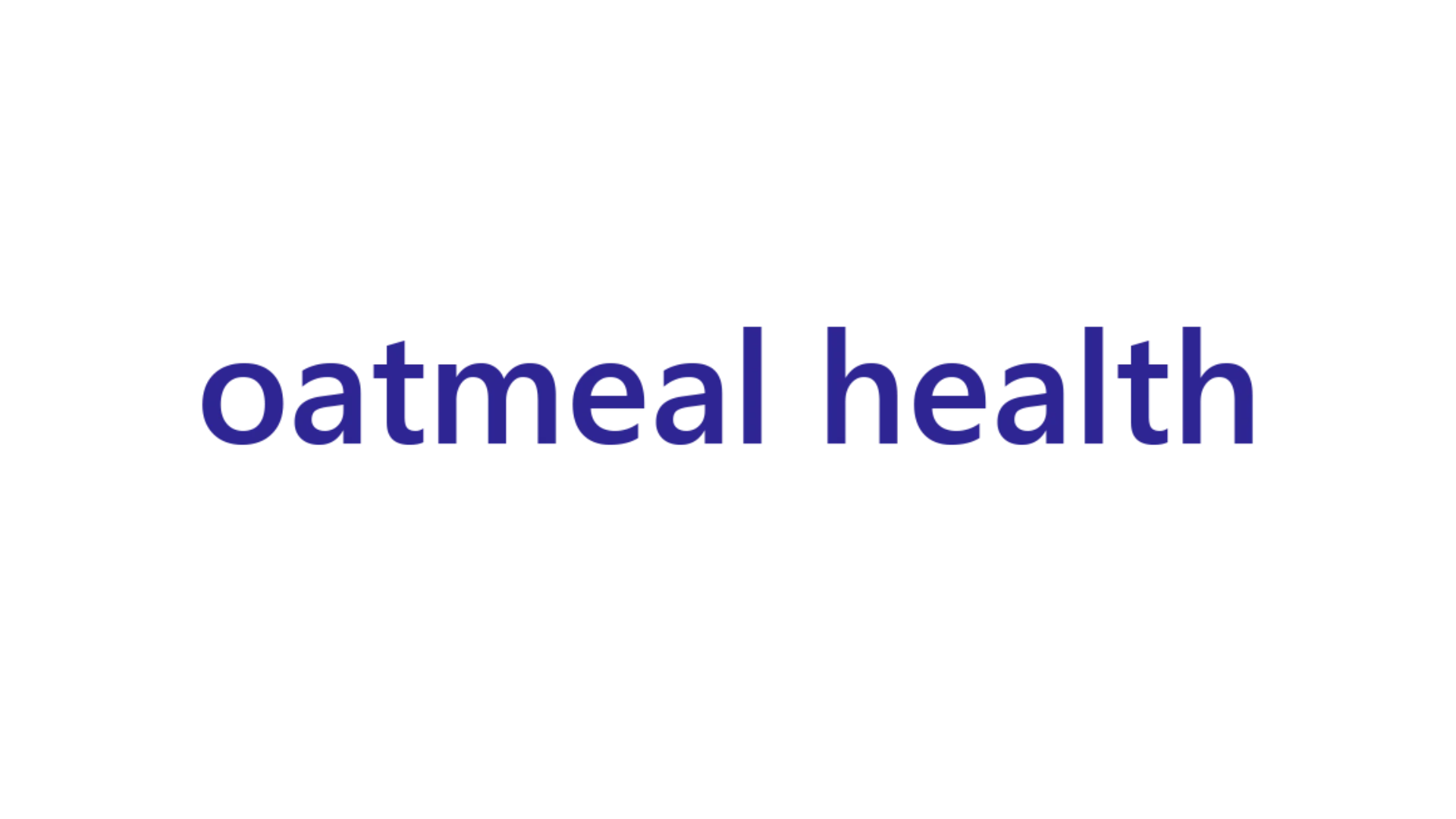
Overview
Driven to help people in marginalized communities get the healthcare they deserve, Jonathan Govette and his co-founders developed an AI solution for identifying people at high risk for lung cancer, so they can get treated early — saving both money and lives.
Cure: Tell us about your inspiration to start Oatmeal Health.
Jonathan Govette: There’s a personal side to why we started the company. A little background about myself is I was adopted at an early age. My mother, who gave me away, was chronically ill. As it turned out, the mother who adopted me was as well, unfortunately. I grew up spending a lot of time with her in the hospital—every birthday, every Christmas. I would be there seeing nurses and doctors daily. That made me want to become a doctor. However, my interest in technical stuff led me to go to school for aerospace engineering. Ultimately, I decided that I still wanted to work in healthcare but in a way where I could leverage my proprietary expertise. And that’s what led me to start Oatmeal Health.
Cure: What is the problem that Oatmeal Health addresses?
Govette: We've seen the number of people with lung cancer on the rise for the last 24 years and it's only going to get worse. Air pollution is getting worse. We have veterans coming back from Iraq, Afghanistan and other locations around the world that have been in burn pits. We have coal miners in Kentucky and other areas that have ingested or breathed in different coal fumes. It’s likely that a lot of these people will get lung cancer, but unfortunately, only 5 percent of patients get screened. So, 85 percent of people with lung cancer are diagnosed late, and 50 percent of those patients die within one year. That's deplorable. That’s why our goal is to help patients with lung cancer because from the death rate and the quantity of patients who get it, lung cancer is the worst cancer. Early detection is the only way to save your life.
Cure: Why aren’t more patients diagnosed sooner?
Govette: There's a shortage of nurses, primary care, and the time you even spend with your doctor. When you go to your doctor, you have an average of only 13 minutes to chat with that person.[JG1] 13 minutes. When you go to the doctor, you usually talk about what your ailment is, like my elbow hurts or my head hurts. You don't have time to talk about the prevention of other things like cancer. Many cancers are missed at the early stages because we don't ask the questions we should be asking. The problem is worse in marginalized communities — we spent over a year with one of our larger facilities, walking through their 130,000-patient population. We saw them only screen nine patients for lung cancer out of 130,000. It’s because they don't know who may be eligible for these screenings, and by the time someone comes to them with symptoms, it’s too late.
Cure: What exactly does Oatmeal Health do?
Govette: Oatmeal Health is a unique hybrid of AI, clinical support and technology. We provide radiology and primary care services in the primary care setting. We built a program around preventative screenings for early detection, meaning that we proactively target the patient populations that need it most.
Cure: How do you do that?
Govette: We go into Federally Qualified Health Centers (FQHCs), which are nonprofit entities that service over 31 million patients nationwide under the Medicare/Medicaid program. We’re very fortunate to have a list of all these facilities, so we call each one and say, Can we offer our services free of charge to you and the patients? They say, “YES! How soon can you be here?”
We build and manage a lung cancer screening department for them at their facilities. We hire the nurses, extract the data and predict who's eligible for screenings at those facilities. Since we have nurses seeing patients every single day, we can input data back into our algorithms and improve our predictive model in real time.
A really important reason we're doing this is it’s cheaper to identify and treat a patient with cancer when it's smaller. The cost delta is tens of thousands of dollars when identified small, versus hundreds of thousands of dollars if it’s caught late.
Cure: This sounds amazing. Who pays for the services you provide?
Govette: Medicare and Medicaid. We provide the services free of charge to the facilities and the patients, and we make money on the back end from a fee-for-service model from Medicare/Medicaid.
Cure: How did you come up with the name Oatmeal Health?
Govette: It's such a strange name for a company in that it’s like an icebreaker on every phone call or conference. People always ask. The answer is that oatmeal is easy to remember, and it designates a healthy food. You feel healthy when you eat it.
Cure: What would being a part of Cure mean to you?
Govette: When we learned about the Cure Xchange Challenge, we wanted to join because we love being a part of the start-up ecosystem, where we can share best practices and learn from each other. Oatmeal would like to be at Cure because we want to be around amazing mentors, where we can learn what's worked and what hasn't worked from other companies.
Cure: If you were to win the Challenge and move to New York City, what would you tackle first?
Govette: There are about 40 FQHCs specifically in New York that we'd like to work with, and having the New York connection builds trust, so we could more easily get into those markets and start helping the patients who need it most.








